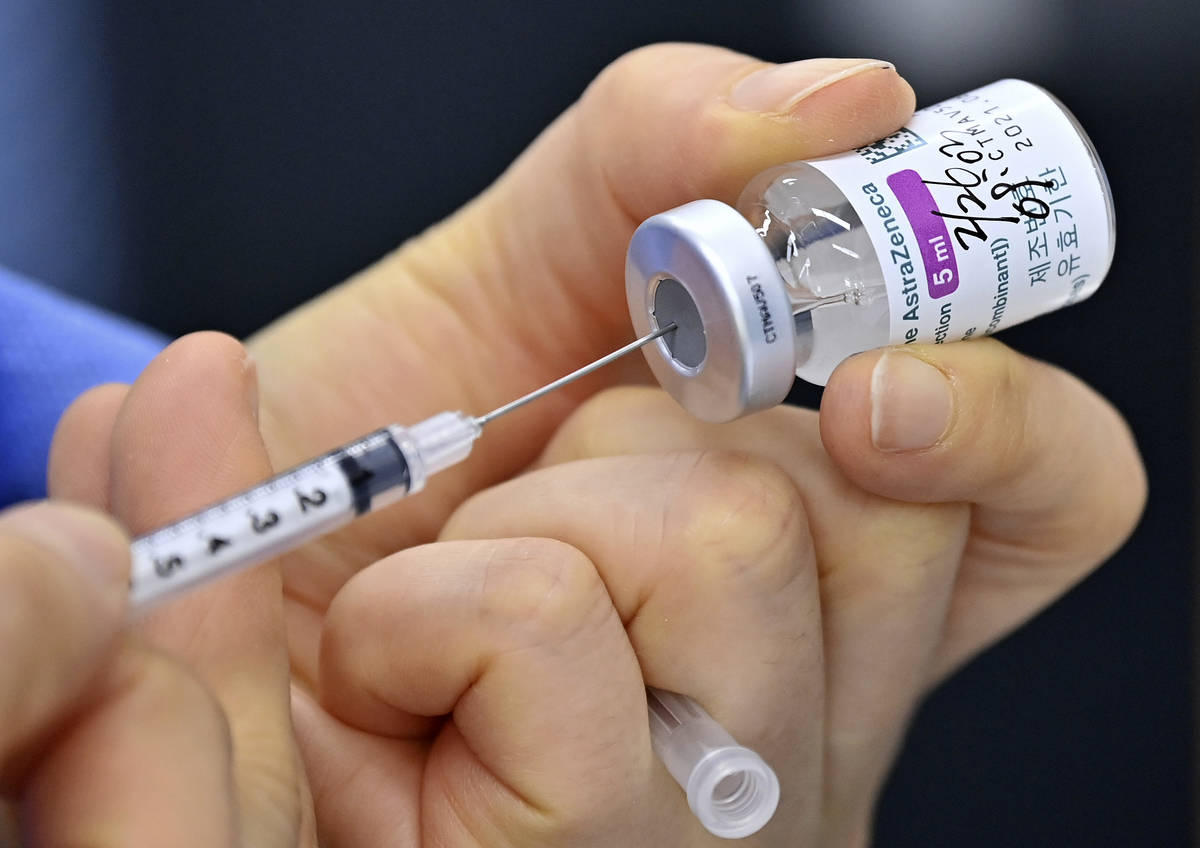Gains against virus slow as variants spread, says CDC chief
WASHINGTON — The head of the Centers for Disease Control and Prevention is sounding the alarm that recent gains against the coronavirus may be stalling.
Dr. Rochelle Walensky says the CDC is looking at data that COVID-19 cases have been increasing the past three days, but more time is needed to see if that is a blip or the start of a trend.
Walensky spoke at the White House coronavirus briefing Friday, noting virus mutations spreading in the U.S. are among the CDC’s biggest concerns. Along with a more transmissible strain first detected in Britain, scientists here are tracking variants in New York and California, which also appear to spread more easily.
“We may be done with the virus, but clearly the virus is not done with us,” says Walensky, stressing now is not the time to relax protective measures like wearing masks and avoiding gatherings.
Cases and hospitalizations have fallen dramatically since the January peak that followed the winter holidays. Deaths have also declined. But Walensky says those gains could be in jeopardy because the background level of cases is still too high.
House Dems ready to OK $1.9T relief bill
Democrats are ready to pass a $1.9 trillion COVID-19 relief package through the House on Friday.
That win is expected despite a setback on Thursday that means a minimum wage boost is unlikely to be in the final version that reaches President Joe Biden.
A near party-line vote seemed certain on the relief measure in the House. It represents Biden’s first crack at his initial legislative goal of acting decisively against the pandemic.
In the year since the coronavirus has taken hold, it has stalled much of the economy, reshaped daily lives and killed half a million Americans.
Canada approves AstraZeneca vaccine
Canadian regulators have authorized AstraZeneca’s coronavirus vaccine.
Health Canada on Friday approved the vaccine to be used in people 18 and over. It’s the third COVID-19 vaccine given the green light by Canada, following those from Pfizer and Moderna.
Some countries, including France, have authorized the AstraZeneca vaccine only for use in people under 65, saying there is not enough evidence to say whether it works in older adults. Belgium has authorized it only for people 55 and under.
Canada and many European countries have been struggling to vaccinate people as quickly as Britain, Israel, the U.S. and elsewhere.
Queen encourages vaccine
Britain’s Queen Elizabeth II is encouraging people to be vaccinated against COVID-19, saying the shot is quick, harmless and will help protect others against the disease.
In a video call with the officials responsible for rolling out the vaccine, the 94-year-old monarch compared the effort that’s gone into Britain’s national vaccination campaign to the way people worked together during World War II.
“Well, once you’ve had the vaccine you have a feeling of, you know, you’re protected, which is, I think, very important,” the queen said on a tape of the call broadcast Friday. “And as far as I can make out it was quite harmless, very quick. And I’ve had lots of letters from people who’ve been very surprised by how easy it was to get the vaccine.”
The queen also highlighted the fact that being vaccinated helps protect everyone, not just the person who gets the shot.
“It is obviously difficult for people, if they’ve never had a vaccine, because they ought to think about other people rather than themselves,” she said.
The queen and her husband, Prince Philip, 99, received their first dose of the vaccine last month. He was admitted to the private King Edward VII’s Hospital on Feb. 16 in what royal officials called a precautionary measure.
Buckingham Palace said Tuesday that he was being treated for an infection.





















